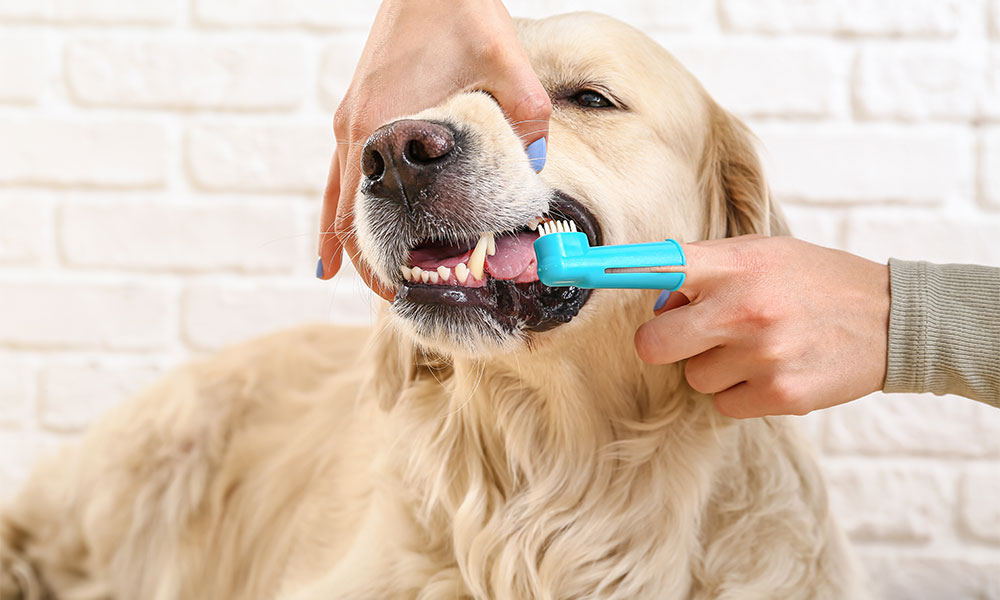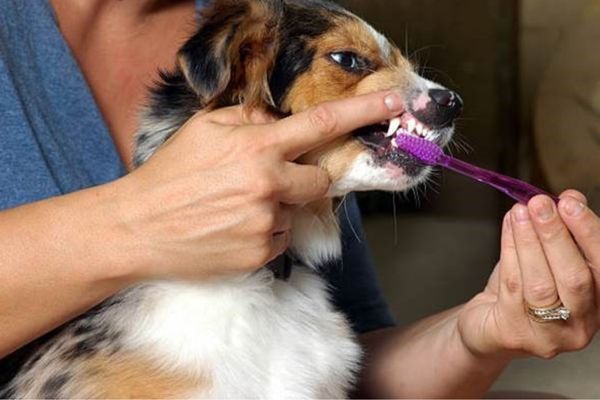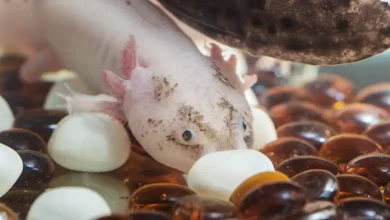Dental Hygiene in Pets: Beyond the Chew Toy

Pet owners often overlook the importance of dental hygiene in their furry friends. Poor oral hygiene can lead to a host of health problems, including tooth decay, gum disease, and even heart disease. While chew toys can help keep your pet’s teeth clean, they’re not the only solution. Here are some tips for taking care of your pet’s dental health beyond just providing them with something to chew on.
Brushing Your Pet’s Teeth

Just like humans, pets need to have their teeth brushed regularly to remove plaque and prevent gum disease. It’s best to start brushing your pet’s teeth when they’re young so that they get used to it. Use a pet-specific toothbrush and toothpaste, as human toothpaste can be harmful to your pet. Brush your pet’s teeth at least once a week, or ideally, every day.
Dental Treats and Chews
Dental treats and chews can help keep your pet’s teeth clean and provide a tasty snack at the same time. Look for treats and chews that are specifically designed to help clean teeth and remove plaque. Avoid giving your pet bones, as they can splinter and cause damage to your pet’s teeth and digestive system.
Regular Vet Check-ups
Regular vet check-ups are important for your pet’s overall health, including their dental health. Your vet can examine your pet’s teeth and gums and identify any potential issues. They can also perform a professional cleaning if necessary.
Diet and Nutrition

Your pet’s diet can also play a role in their dental health. Feeding your pet a balanced diet that’s high in protein and low in sugar can help prevent tooth decay and gum disease. Avoid giving your pet table scraps or sugary treats, as these can contribute to dental problems.
Dental hygiene is an important aspect of your pet’s overall health. By implementing these tips, you can help keep your pet’s teeth and gums healthy and prevent potential health problems down the road. Remember to brush your pet’s teeth regularly, provide dental treats and chews, schedule regular vet check-ups, and feed your pet a balanced diet. With a little effort and attention, you can help ensure your furry friend has a healthy smile for years to come.





